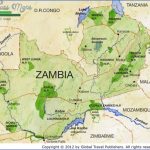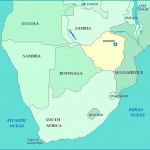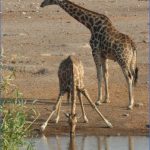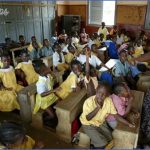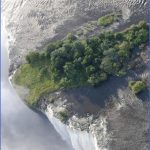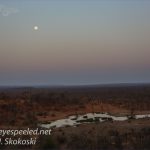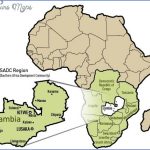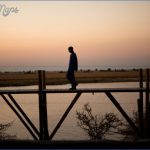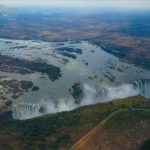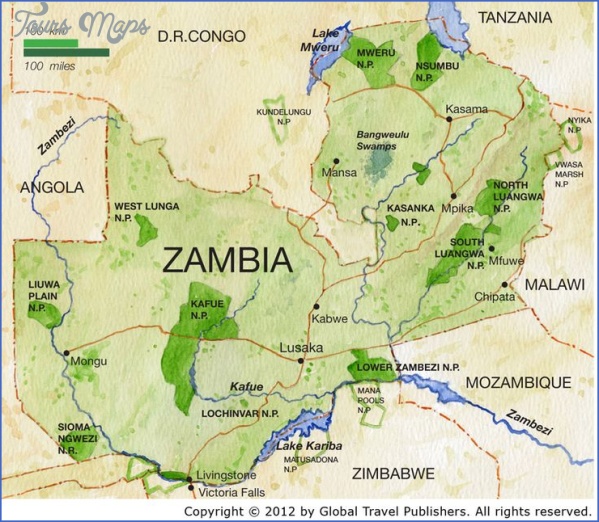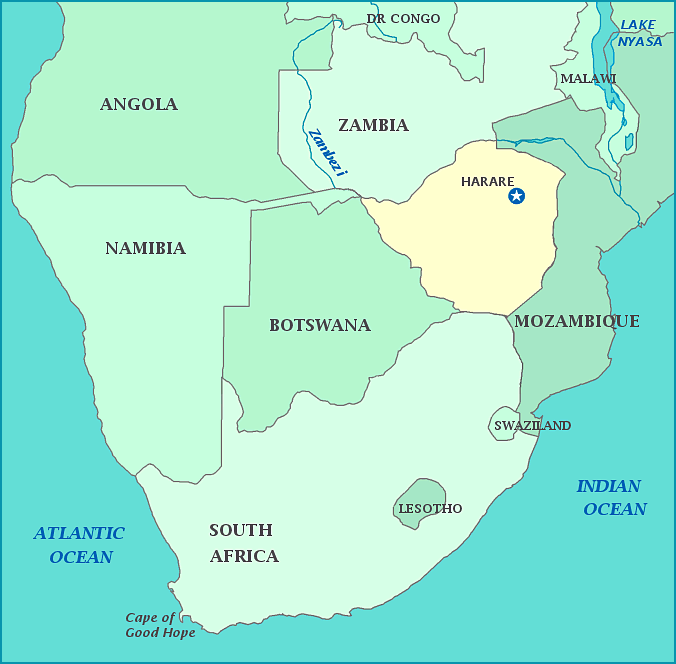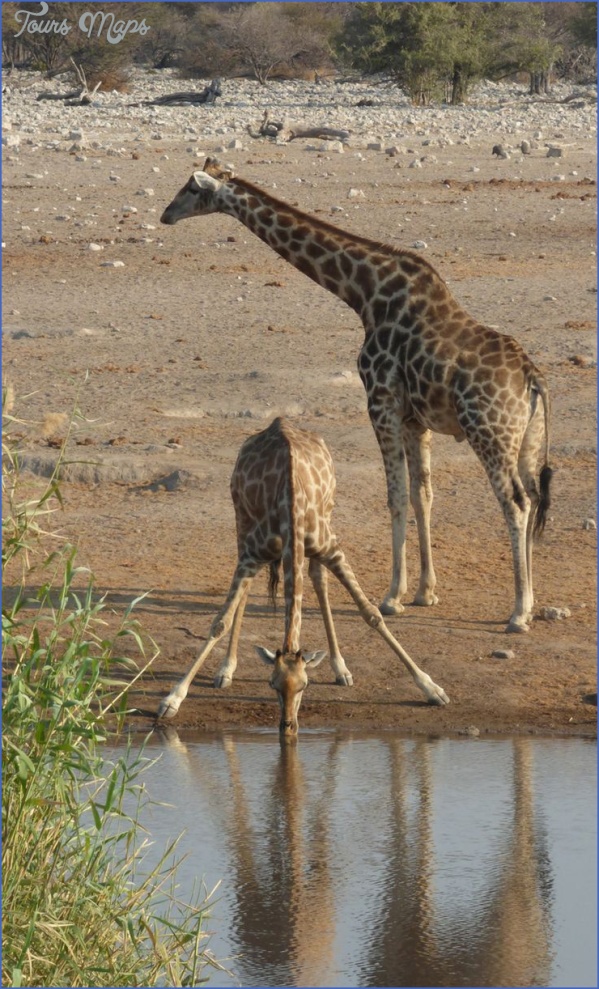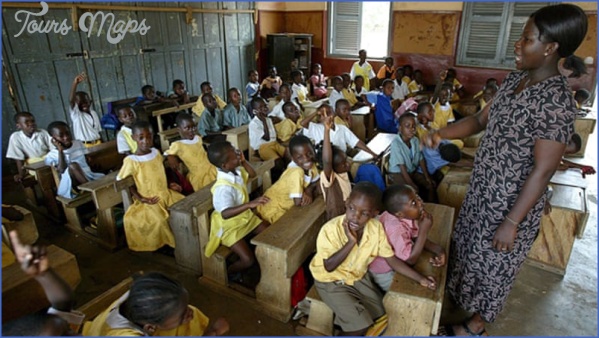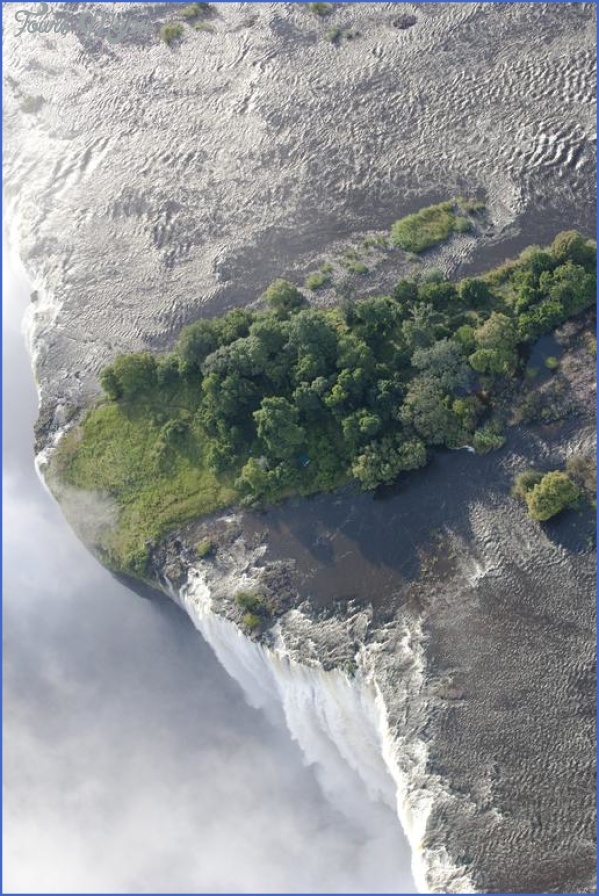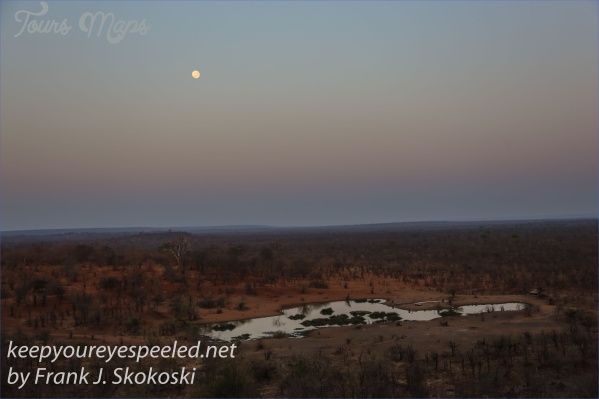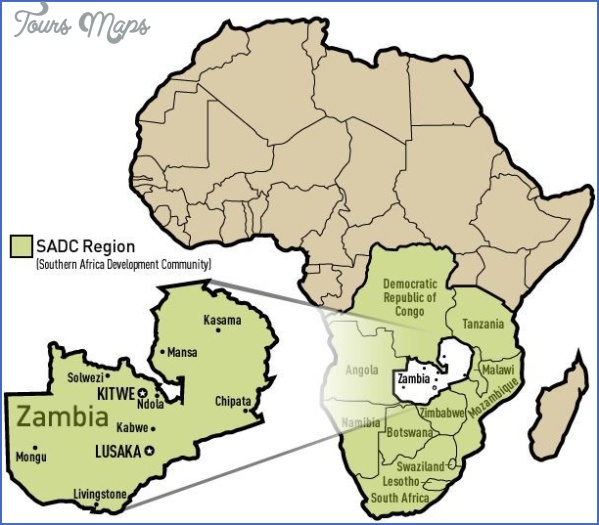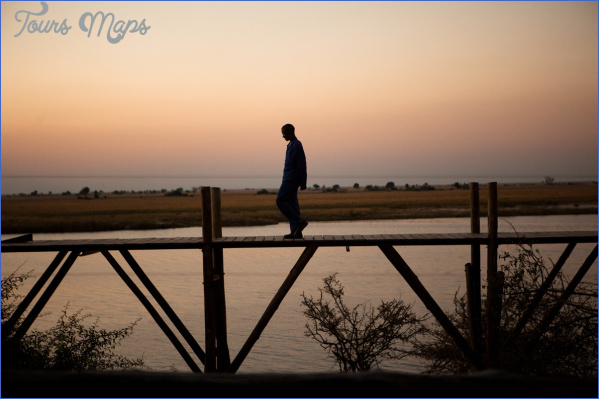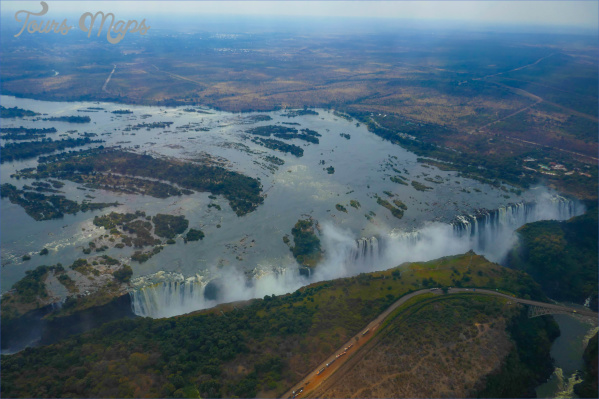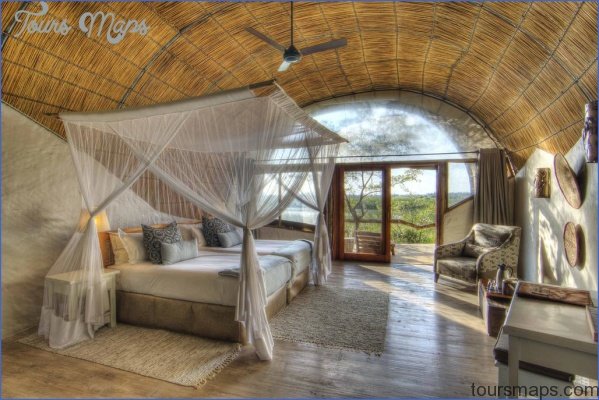What Zambia and Botswana Taught Me
Boom, wheels down in Zambia and a rapid fast forward into the first week of my visit. It was a year after my brother had first deployed with the U.S. Peace Corps as a health volunteer to a remote village in Zambia, where he’d go on to serve the full duration of his two-year service. Still adjusting and freshly arrived from Denmark, I found myself in the northwestern part of Zambia on the outskirts of a village of about 1,000 people sitting on the stoop of my brother’s hut which lacked electricity or running water.
To say we were a bit off the beaten tourist path would have been a reasonable understatement. My parents and I were very likely the third, fourth, and fifth white people many of the local village kids had ever seen. My brother and another nearby Peace Corps volunteer being the other two. We were unusual. We were different. We were a curiosity, and for the sake of this chapter, we were most definitely a minority.
Culture shock was pervasive and never-ending: The kids would stand for as long as an hour at the end of the path to my brother’s hut just watching us as we went about our daily business. It was an odd experience, and henceforth I’ll forever have an added bit of sympathy for celebrities facing off with the paparazzi and even more so for minorities who similarly are singled out every day as the outside ‘other’.
Later, when joining my brother’s Zambian counterparts for a meal or conversation, the local kids would pause their football games to stand nervously watching us. Eventually, if we approached them, they’d shyly introduce themselves unsure just what to make of us. With the older kids and adults, the invisible wall was different, more thickly disguised, but still present.
What Zambia and Botswana Taught Me Photo Gallery
Now that I’ve returned to Denmark and had the time to digest my experience, I’ve come to realize that one of the best parts of the trip was the time I spent as an absolute minority. Not because I liked it, or I particularly cared for the differences in how I was treated, but rather because it gave me the opportunity to be truly immersed and exposed to almost entirely black communities.
As I reflect on my relationships with friends, many of whom come from minority backgrounds and some of whom are a mixture of both black and African Americans, I’ve come to realize that my relationships with these individuals are wonderful but don’t have the extended scope I would have previously thought. In reality, the friendships have done little to break down my own personal version of the African school children’s exotic uncertainty. Until Africa, I had never had the chance to be truly immersed in a black community that showcased individuals of all trades, social classes, and ages. My interactions before the trip had largely fallen within the extremes: Most of them were either with blacks and African Americans who were well-educated, motivated, driven individuals like myself, and who were usually around my age, or individuals and experiences at the opposite end of the spectrum.
That type of contrast makes it almost impossible to truly understand and relate to a group no matter what type of group it is. It also polarizes the nature of our interactions. It is interesting and to our own detriment that we often pretend that this isn’t the case. Which isn’t to assume that everyone reading this is a white American from a heavily Caucasian community I know all of you come from vastly different experiences. But, hopefully, you’ll be able to draw parallels within your own life and community.
Most importantly, what I found so completely powerful and persuasive about my time in Zambia and Botswana was that it allowed me to truly immerse myself in a way that was lethal to those stereotypes. It exposed me to wonderful people of all ages, professions, backgrounds, and ideologies in a way that fully rounded out my previously limited experiences. The sheer contrast was a key part of this, and helped differentiate it from my time spent in Belize which also has a large black population but lacked the extreme contrast and immersion that made my time in Zambia so meaningful.
I’m not sure if this was because I spent more time confined to the tourist trail while in Belize, my general expectations, a combination of the two, or some other factor but the end result was a drastically different experience. Perhaps it was actually more basic than that, and had more to do with my own attentiveness and the lens I observed the world through.
Regardless, while I don’t think that I entered Africa with a pronounced case of, as Twain put it, “prejudice, bigotry, and narrow-mindedness”, I know that by the time I left Africa what ghosts of these traits I may have still possessed had been brought out into the open and largely banished. Where they still persist, like cobwebs in rafters of a room, I now acknowledge and am aware of their existence.
The real beauty of the learning process and what came with it is that it simultaneously opened up a new area of exploration and discovery one that focuses on Euro-American-African relations, history, and the issues of race and culture that go with it. By re-examining my own subconscious behaviors and dismantling some of the most subliminal, I’m also able to enjoy richer interactions which shape everything from the people I befriend to the women I seriously consider as potential romantic partners.
Maybe You Like Them Too
- Top 10 Islands You Can Buy
- Top 10 Underrated Asian Cities 2023
- Top 10 Reasons Upsizing Will Be a Huge Travel Trend
- Top 10 Scuba Diving Destinations
- World’s 10 Best Places To Visit

